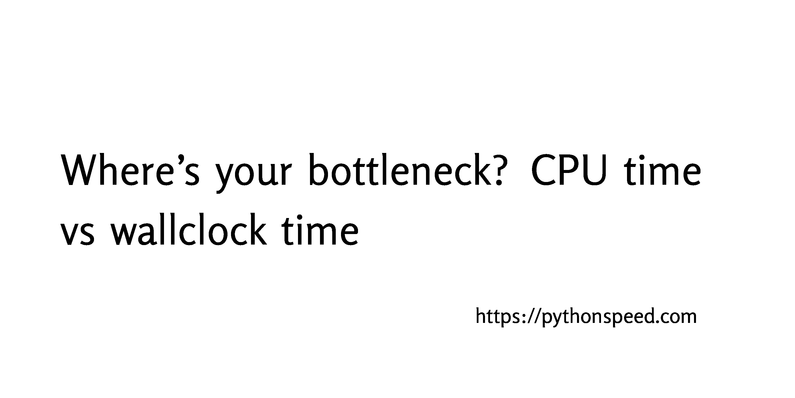Unix time is widely used in operating systems and file formats.
Unix wall clock time.
Unix time is a system for describing a point in time.
If you click set date time and zone from workstation the time will be loaded from your pc into the processor.
For example if you start a process at 01 59 00 on the day in which daylight savings summer time takes effect in a locale in which the time change is at 02 00 and the process takes two minutes then the real elapsed time will be two minutes while the wall clock will show a difference of one hour and two minutes.
Real time is elapsed time which is usually the difference between wall clock times but not always.
Usr bin time a out 2165 32user 64 93system 6036 33elapsed is there any profiling tool for real time.
Leap seconds are ignored with a leap second having the same unix time as the second before it and every day is treated as if it contains exactly 86400 seconds.
Back to the homepage epoch unix time converter this clock is based on the time settings of your computer.
Thanks to alessio atzeni s css3 clock.
I know and have used multiple tools for cpu time profiling but am not sure if there is anything that can help and point out nfs mem swap or any other wall clock slowdowns.
Due to this treatment unix time is not a true representation of utc.
If the time is still incorrect you can adjust the fields accordingly.
My program is written in c.
The tv sec field contains the integral number of seconds and the tv usec field contains an additional number of microseconds.
Next click the date time tab to set the date.
The gettimeofday system call gets the system s wall clock time.
It is the number of seconds that have elapsed since the unix epoch minus leap seconds.
It takes a pointer to a struct timeval variable.
This structure represents a time in seconds split into two fields.
Refresh to update the date.

